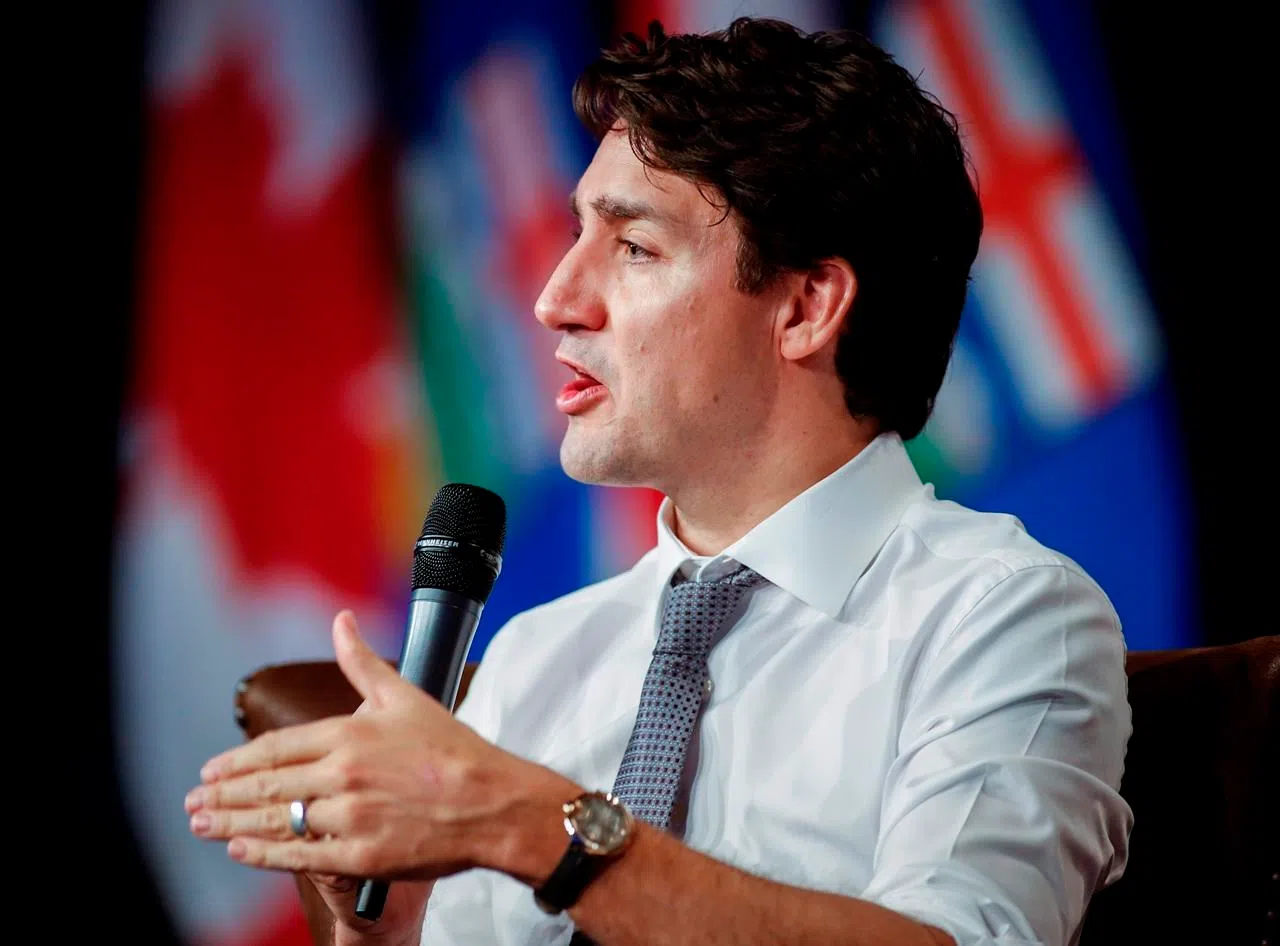
PM urges mental health advocates to pressure provinces on health funding deal
OTTAWA — Prime Minister Justin Trudeau is making a public plea to the provinces to take Ottawa up on its offer to spend more on mental health — even as federal officials were burning up the phone lines behind the scenes to negotiate health funding deals with individual provinces.
In Calgary to talk to business people Wednesday, Trudeau urged mental health advocates to pressure their provincial governments to work with Ottawa on mental health.
He said his government wants to pour “billions of dollars into improving mental health services and treatment” — money that is desperately needed not just to help those struggling with mental illness but to boost employee productivity in work places across the country.
“This is something that we are very, very serious about moving forward on. We’ve put historic amounts of money on the table. And we certainly hope that the provinces are going to realize that it’s time to invest,” Trudeau said.


